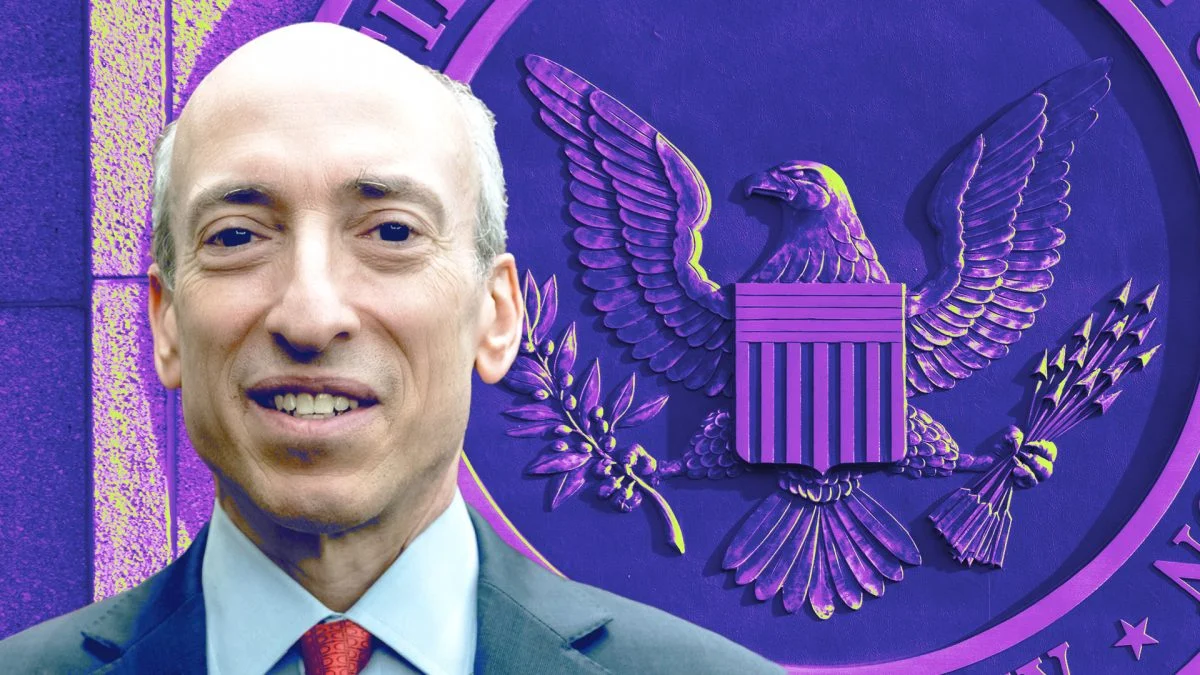Blockstream turned into a mining giant, saying it will launch the Betterhash protocol pool
On July 9th, blockchain company Blockstream disclosed details of their bitcoin mines deployed in Quebec, Canada and Adel, Georgia. It is reported that the total energy consumption of these facilities is 300 megawatts, except for Blockstream's own equipment. In addition, they also support enterprise-level hosting services, and in addition, Blockstream plans to open its facilities to smaller miners in the future.
Currently, Blockstream's two active customers include Fidelity Center for Applied Technology and LinkedIn co-founder Reid Hoffman.
According to Blockstream CSO Samson Mow, if you use the latest ASIC mining hardware and use it at full capacity, the power of these facilities can reach 6 EH/s . According to the data provided by btc.com, the current computing power of Bitcoin is about 75EH/s, which means that the computing power managed by Blockstream is about 8% of the current Bitcoin network.

- Market Analysis: From the perspective of the nature of funds, it seems that only the leader can benefit from it.
- Don't let the analytics company sell you: read the privacy and privacy of Bitcoin
- Getting started with blockchain | What is token destruction, why destroy tokens?
Blockstream will also launch its own mine pool, with a focus on using the Betterhash protocol.
In addition to its own mine, Blockstream revealed that it will soon launch a mining pool, with a focus on its Betterhash protocol, with the goal of returning more power to individual miners.
According to the company, Blockstream entered the mining field for the first time in 2017 for fear of bitcoin mining being compromised. At that time, the dispute between segregated witness (segwit) and block expansion was in the final stage.
Concerns related to bitcoin mining centralization were recently mentioned in a panel discussion at the Bitcoin 2019 conference in San Francisco. Marco Streng, CEO of Genesis Mining, explains why Bitcoin users should be concerned about the degree of centralization in the mining industry, while Bitcoin developer Matt Corallo tried to point out that the problem may not be as serious as people think.
In response, Blockstream decided to use the Betterhash protocol developed by Matt Corallo in its upcoming pool, which allows individual miners to choose which transactions to enter the new block, rather than the mine operator.
Recently, the company behind the Slush Pool company, Braines, also announced a new mining agreement called Stratum v2 , which is functionally similar to the Betterhash protocol.
When asked why Blockstream decided to use Betterhash instead of the Stratum v2 protocol, Blockstream CSO Samson Mow replied:
"The Stratum v2 protocol seems to be still in the discussion stage, and we started using Betterhash a few months ago."
Some critics may think that Blockstream's implementation of the Betterhash protocol while deploying a large Bitcoin mine may have some contradictions in promoting mining decentralization. Samson Mow explained:
“I don’t think Blockstream Mining will bring centralization risks. If there is any difference, Blockstream Mining can promote the decentralization of the Bitcoin mining ecosystem in many ways. Our own mining machines only use a fraction of the available electricity. The rest are allocated to customers, and we also plan to provide hosting services for small miners. In addition, by using the betterhash protocol in our pool, all of our customers can run their own full nodes and build block templates. This means that the pool cannot use these calculations to review transactions or incorrectly issue a signal that the Bitcoin protocol is ready for upgrade, which has happened to the past SegWit2x."
What do you think?
We will continue to update Blocking; if you have any questions or suggestions, please contact us!
Was this article helpful?
93 out of 132 found this helpful
Related articles
- Coinshares 2019 Encryption Report for the First Half of the Year: Institutional Investors Are Pushing Bitcoin Bull Market (Full Text)
- Ethereum 2.0: How to achieve finality?
- Linda Xie: Where is the future of decentralized finance?
- QKL123 market analysis | Bitcoin and long-term adhesive, the altcoin does not follow the rise (0808)
- Falling Ethereum! After hard bitcoin, the market value has been less than 8%
- Ruibo Community launches petition: destroy half of XRP and save currency price
- Secret: 3 reasons tell you why the BCH price is still lower than the historical highest price of 91%






